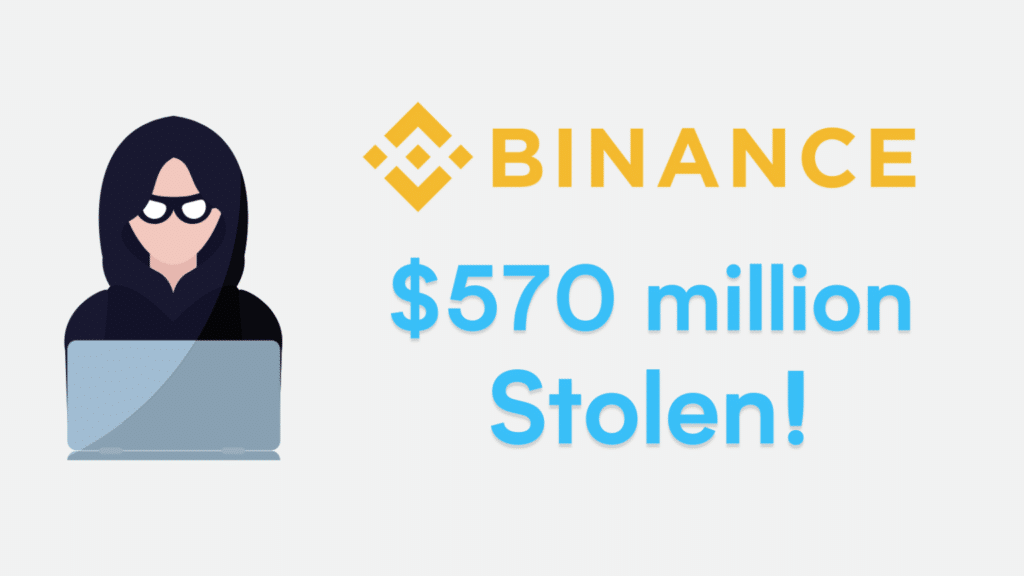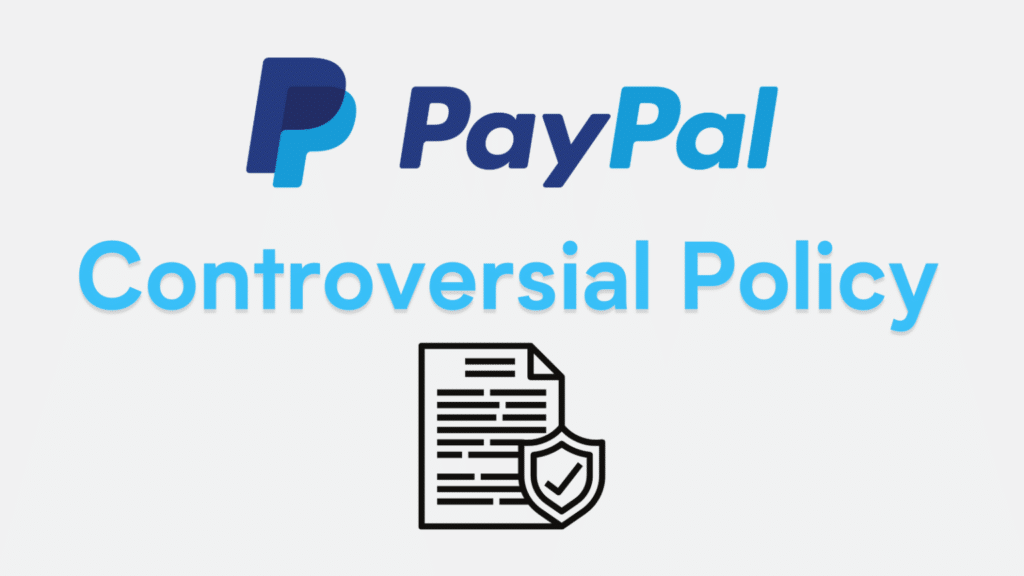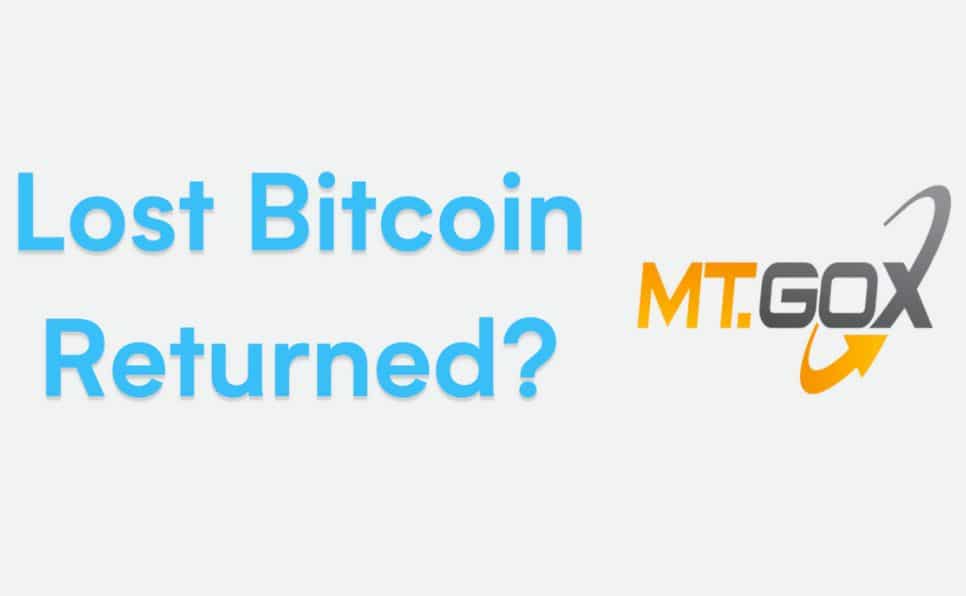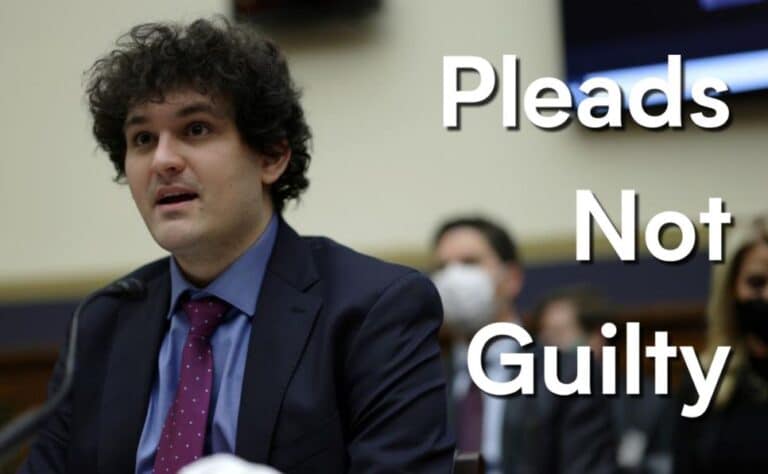In RockItCoin’s effort to empower individuals in the cryptocurrency space, we have extracted top industry stories for your Weekly Digest. Cryptocurrency continues to dominate the news and here are some key happenings you should know.
Mt. Gox Opens Registration to Return Lost Bitcoin
Former Bitcoin exchange Mt. Gox has released guidelines for past customers to access their Bitcoin, which has been locked for eight years since the 2014 hack that cost the exchange 850,00 BTC. Creditors will have to fill out a registration form to claim their lost crypto so they will be part of the total payout, which is around 137,000 BTC. If creditors miss the registration window, their funds will be forfeited. There may be adverse market effects as this massive amount of Bitcoin is released into user’s wallets, but only time will tell.

Binance’s BNB Smart Chain Hacked for $570 Million
Binance’s BNB Smart Chain Bridge experienced a short-term hack on Oct. 6th, where approximately 2 million BNB were stolen (worth about $570 million). Twitter rumors say that the hacker was able to leverage a message verification exploit and transfer the BNB to a now-blacklisted wallet. According to Binance, chain validators rushed to disable cross-chain communication and upgrade their nodes for increased security. Security has always been a point of contention for cross-chain bridges, as at least 11 have lost a total of $2 billion since 2021, according to security firm BlockSec.

PayPal Retracts Policy Punishing Users for Misinformation
Online payments company PayPal published a new policy Saturday that sought to fine users that spread misinformation online up to $2,500, but it later was taken down after public outcry. According to the policy, users that participate in “the sending, posting, or publication of any messages, content, or materials” that “promotes misinformation” can be fined $2,500 per violation. PayPal has now said that the policy, which contained incorrect information, went out “in error”, and that they are not fining people for misinformation. The crypto community in particular used this incident to point out how traditional financial institutions can restrict the activities of individuals, and especially with vague policies such as PayPal’s.








